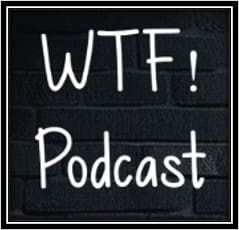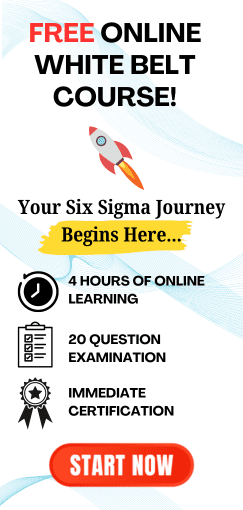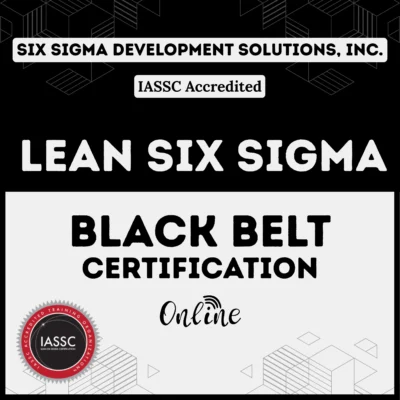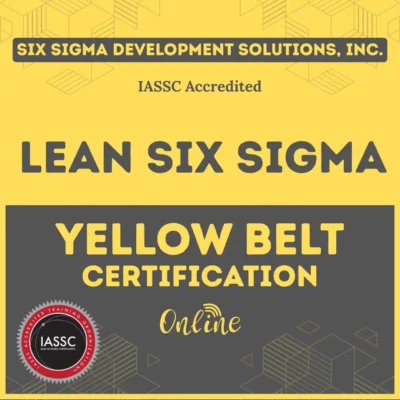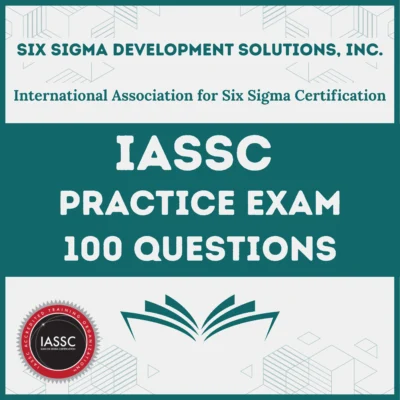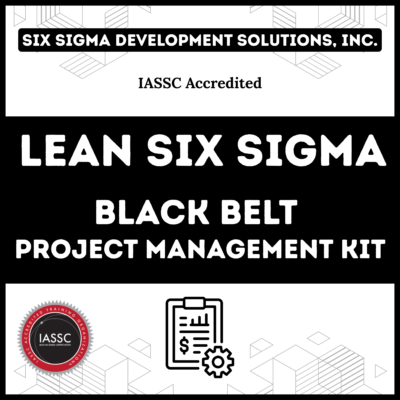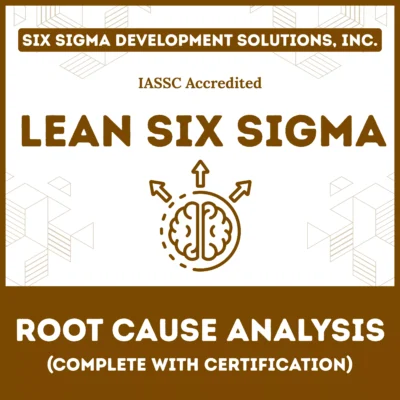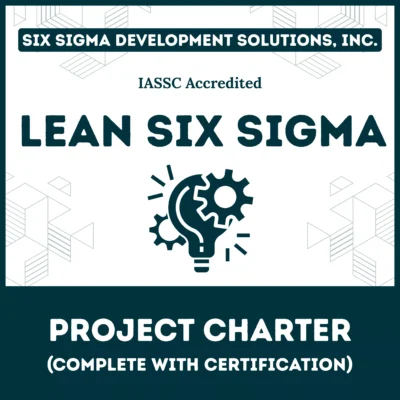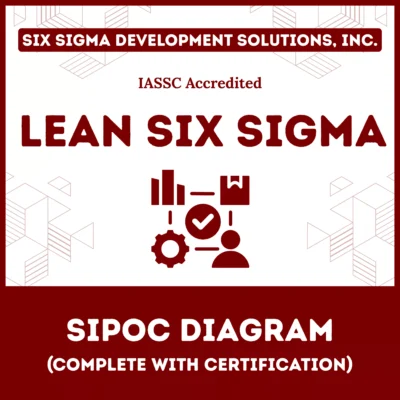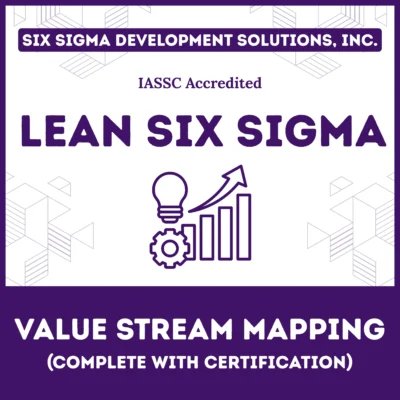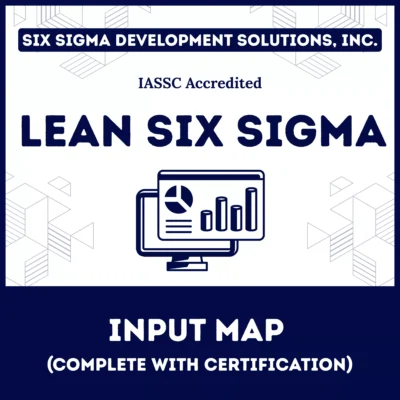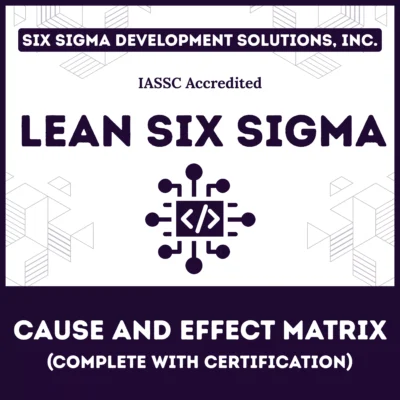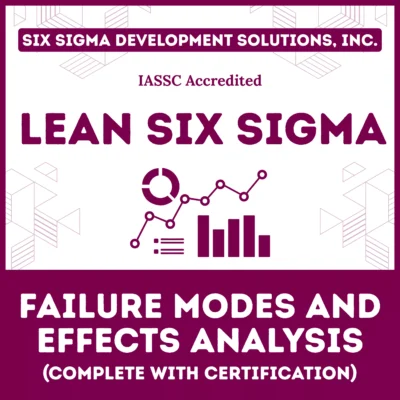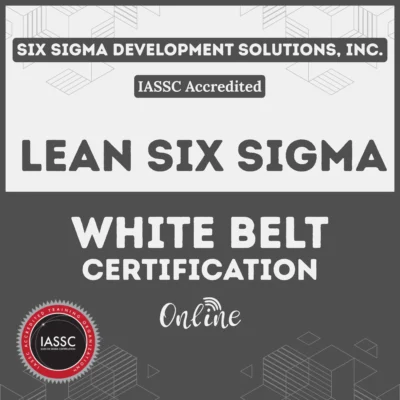Critical thinking is more than just a popular term in education and work. It is a key skill that helps people understand the modern world clearly and logically. At its heart, critical thinking means carefully analyzing information, checking if it is true and relevant, and making well-founded decisions.
Today, with so much information coming from many sources and often conflicting views, mastering critical thinking is crucial for making informed choices. It is also essential for solving difficult problems and participating in meaningful discussions and debates.
Table of contents
Definition of Critical Thinking
Critical thinking begins with a mindset that values clarity, precision, evidence and reasoned judgment. It requires individuals to go beyond surface-level understanding and actively engage with information. This engagement involves:

- Analyzing Information: Critical thinkers meticulously analyze information from various sources, including texts, data, visuals, and personal experiences. They scrutinize sources’ reliability, credibility, and bias to discern factual accuracy and relevance.
- Evaluating Arguments: They identify and evaluate arguments presented in discussions or debates. This involves assessing the logic, evidence, and underlying assumptions of each argument to determine its strength and validity.
- Considering Multiple Perspectives: Critical thinkers acknowledge and consider different viewpoints, even those that contradict their own beliefs. They understand that complex issues often have multiple facets and interpretations, requiring a nuanced understanding.
- Making Informed Judgments: Based on their analysis and evaluation, critical thinkers draw reasoned conclusions. They make decisions that are supported by evidence and logical reasoning. They avoid rash judgments or decisions based on emotions or superficial understanding.
Key Elements of Critical Thinking

To effectively practice critical thinking, individuals develop and apply several key elements:
- Clarity and Precision: They strive to communicate clearly and precisely, using language that accurately conveys their thoughts and reasoning.
- Logical Reasoning: They employ logical reasoning to connect ideas, identify patterns, and draw logical conclusions from available evidence.
- Evidence-Based Analysis: They prioritize evidence over conjecture or anecdotal evidence, ensuring that their conclusions are grounded in factual information.
- Open-Mindedness: Critical thinkers maintain an open mind and are willing to consider alternative viewpoints. They also revise their own beliefs in light of new evidence or persuasive arguments.
- Intellectual Integrity: They uphold intellectual integrity by avoiding biases, fallacies, and emotional reasoning. This ensures the reliability and validity of their conclusions.
Applications of Critical Thinking
Critical thinking is not confined to academic or professional settings but is applicable in various aspects of everyday life:
- Decision Making: It enables individuals to make informed decisions about personal finances, health care options, career choices, and relationships. This is achieved by weighing the pros and cons and evaluating available information.
- Problem Solving: Critical thinkers excel in identifying and analyzing problems. They explore multiple solutions and select the most effective course of action based on logical criteria.
- Media Literacy: In an age of digital information overload, critical thinking helps individuals discern credible sources from misinformation or propaganda. This fosters media literacy and informed citizenship.
- Effective Communication: It enhances communication skills by enabling individuals to articulate their thoughts clearly, support their arguments with evidence, and engage in constructive dialogue with others.
Challenges
While critical thinking offers numerous benefits, it also presents challenges:
- Cognitive Effort: Engaging in critical thinking requires cognitive effort and mental discipline. This can be challenging amid distractions or when faced with complex or ambiguous information.
- Resistance to Change: Individuals may resist questioning their beliefs or assumptions, preferring comfort over the discomfort of cognitive dissonance that critical thinking sometimes entails.
- Cultural and Contextual Differences: Critical thinking practices may vary across cultures and contexts, influenced by educational systems, societal norms, and ideological perspectives.
Opportunities
- Continuous Improvement: Practicing critical thinking fosters intellectual curiosity, adaptability, and a willingness to learn and grow intellectually.
- Empowerment: It empowers individuals to navigate uncertainty, make well-informed choices, and advocate for themselves and others in various personal, professional, and societal contexts.
Final Words
Critical thinking is an indispensable skill that equips individuals with the tools to navigate an increasingly complex and interconnected world.
By cultivating clarity, logic, and intellectual rigour, individuals can make informed decisions, solve problems effectively, and contribute meaningfully to their communities and professions. Embracing critical thinking not only enhances personal and professional success but also promotes a culture of reasoned discourse, informed citizenship, and lifelong learning.

